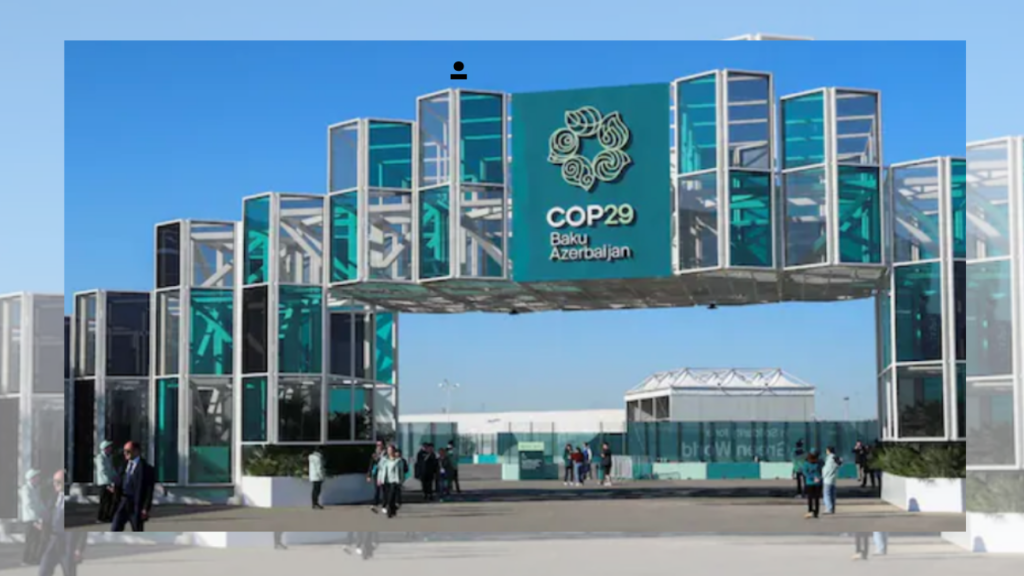The Taliban have been refused the chance to represent Afghanistan in the General Assembly, and the UN does not formally recognise the country’s government.
The Afghan Foreign Ministry announced Sunday that Afghan Taliban officials will participate in a significant United Nations climate conference that begins next week for the first time since the former insurgents came to power in 2021.
One of the most high-profile multilateral gatherings that Taliban administration officials have attended since retaking Kabul following two decades of conflict with NATO-backed forces is the COP29 climate summit in Baku, the capital of Azerbaijan.
Because of the Taliban’s restrictions on women’s education and freedom of movement, the UN has not permitted the Taliban to occupy Afghanistan’s seat at the General Assembly, and U.N. member states do not formally recognise Afghanistan’s government.
National Environmental Protection Agency representatives have travelled to Azerbaijan to attend the COP conference, according to Afghan Foreign Ministry spokesman Abdul Qahar Balkhi. With the withdrawal of U.S.-led forces, the Taliban regained control of the agency.
In the last two years, Taliban ministers have attended forums in China and Central Asia, and Taliban officials have participated in U.N.-sponsored meetings on Afghanistan in Doha.
However, the Bureau of the COP of the U.N. Framework Convention on Climate Change has delayed Afghanistan’s participation since 2021, thereby excluding the country from the negotiations.
It has also been challenging for Afghan NGOs to attend climate talks in recent years.
In order to allow the Afghan environment agency officials to “potentially participate in periphery discussions and potentially hold bilateral meetings,” host Azerbaijan invited them to attend COP29 as observers, a diplomatic source with knowledge of the situation told Reuters.
According to the source, the Taliban officials are unable to obtain credentials to participate in the operations of full member states since the U.N. system does not formally recognise them as the legitimate government of Afghanistan.
The presidency of Azerbaijan chose not to comment.
The Taliban has closed schools and universities to female students over the age of around 12. This year it also unveiled a series of broad morality laws that limit women’s freedom to travel outside the home without a male guardian and mandate that they cover their faces in public.
According to the Taliban’s interpretation of Islamic law, women’s rights are respected.
Afghanistan is considered one of the countries worst affected by climate change. Flash floods have killed hundreds this year, and the heavily agriculture-dependent country has suffered through one of the worst droughts in decades. Many subsistence farmers, who make up much of the population, face deeper food insecurity.
Some advocates have criticised international isolation of the Taliban, saying it only hurts the Afghan people.
“Afghanistan is one of the countries that is really left behind on the needs that it has,” said Habib Mayar, deputy general secretary of the G7+, an intergovernmental organisation of countries affected by conflict.
“It is a double price that they are paying,” Mayar said. “There is lack of attention, lack of connection with the international community, and then there are increasing humanitarian needs.”

